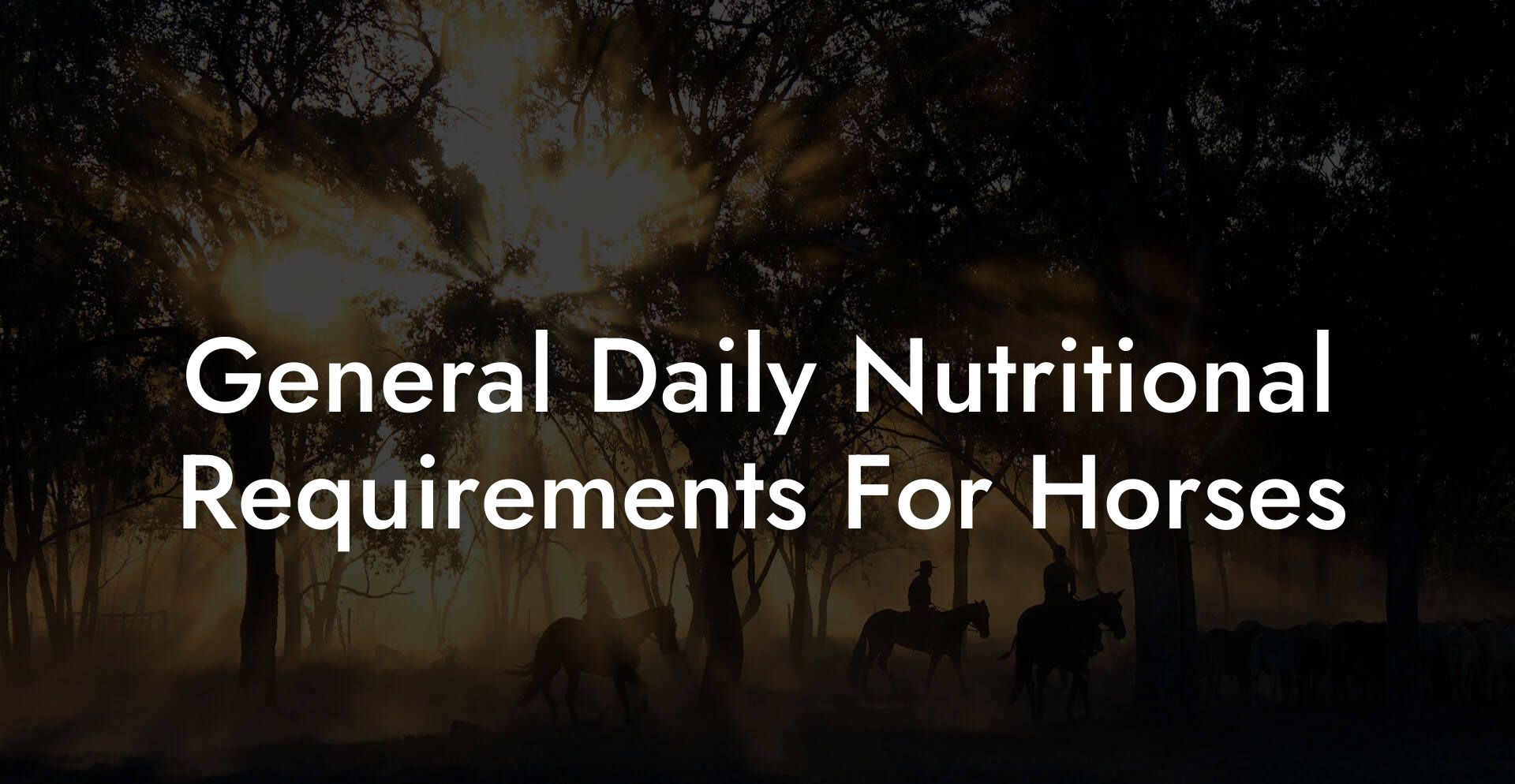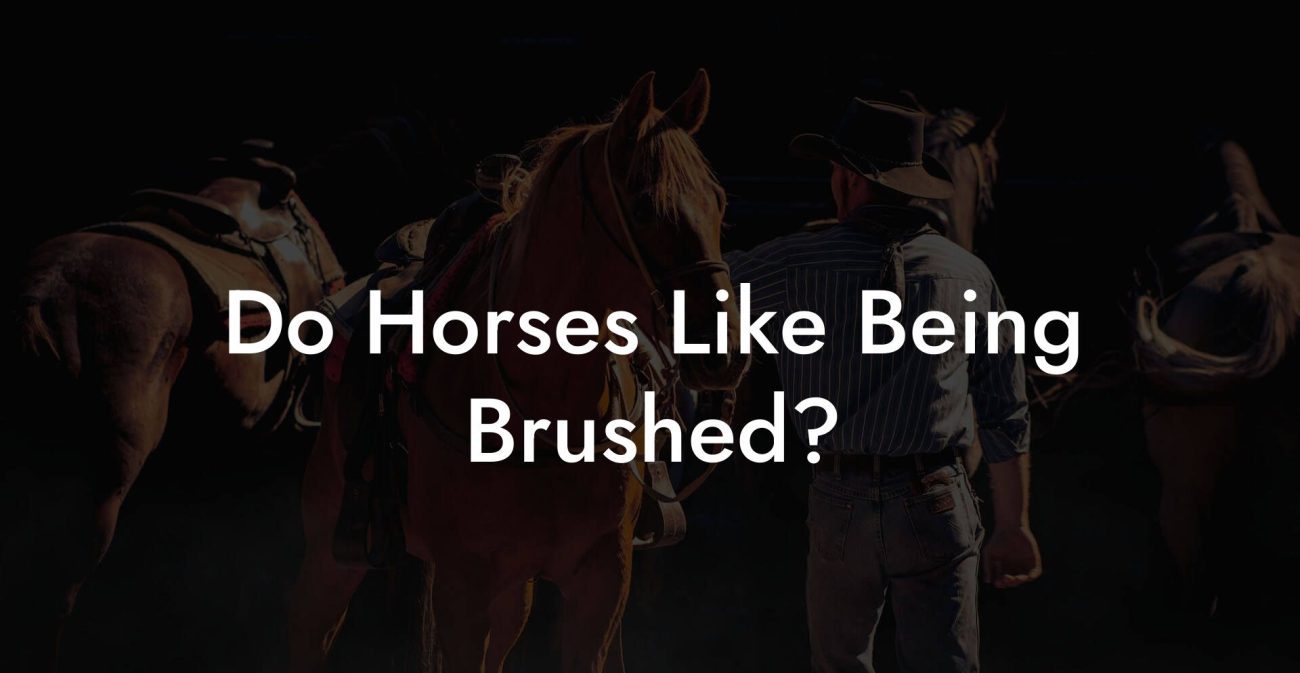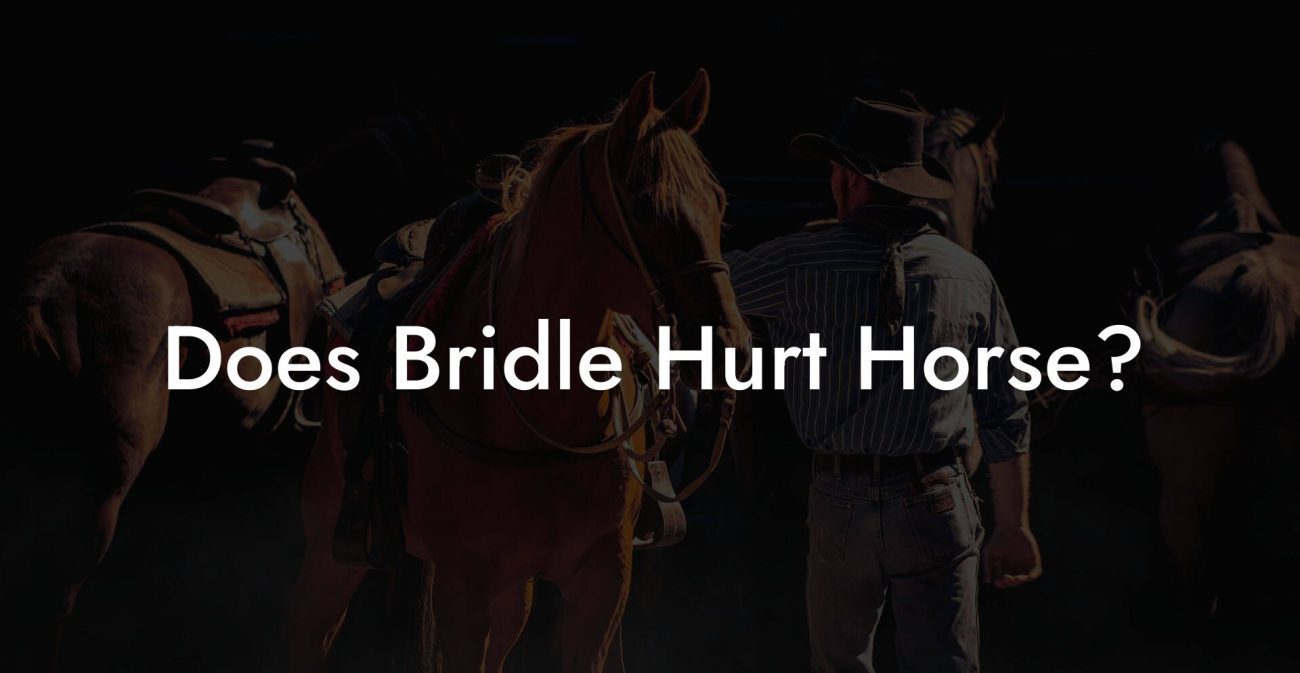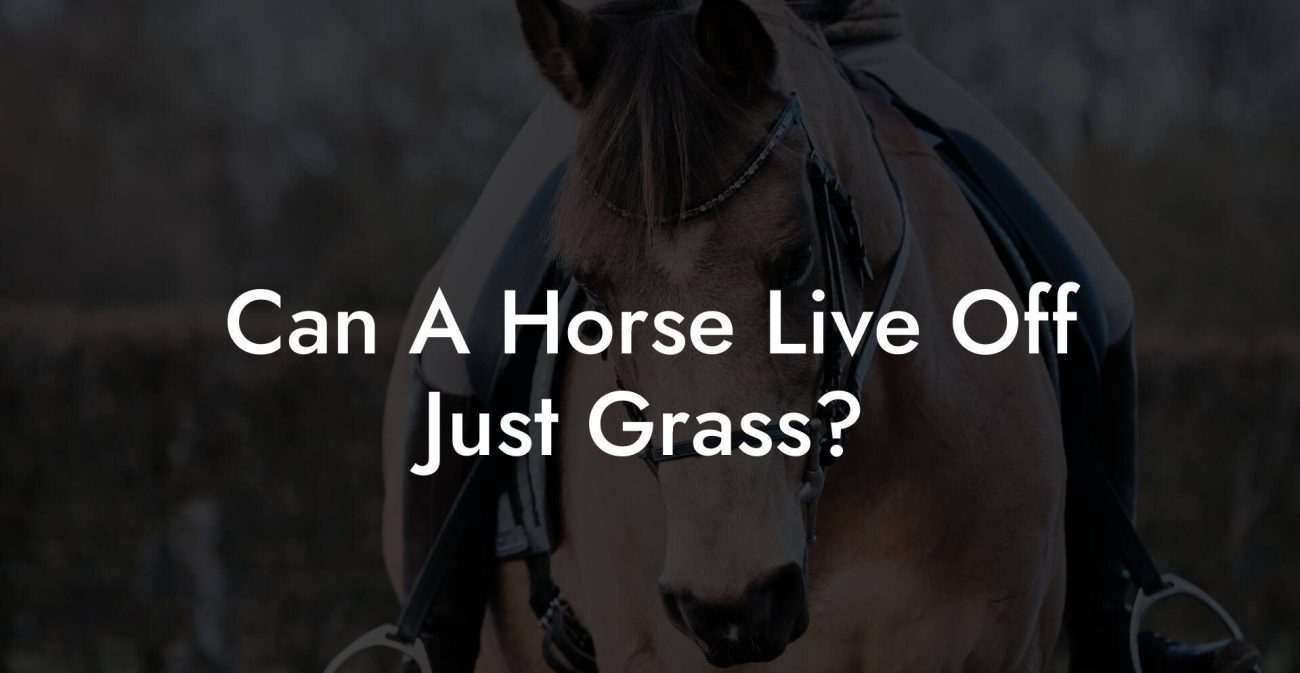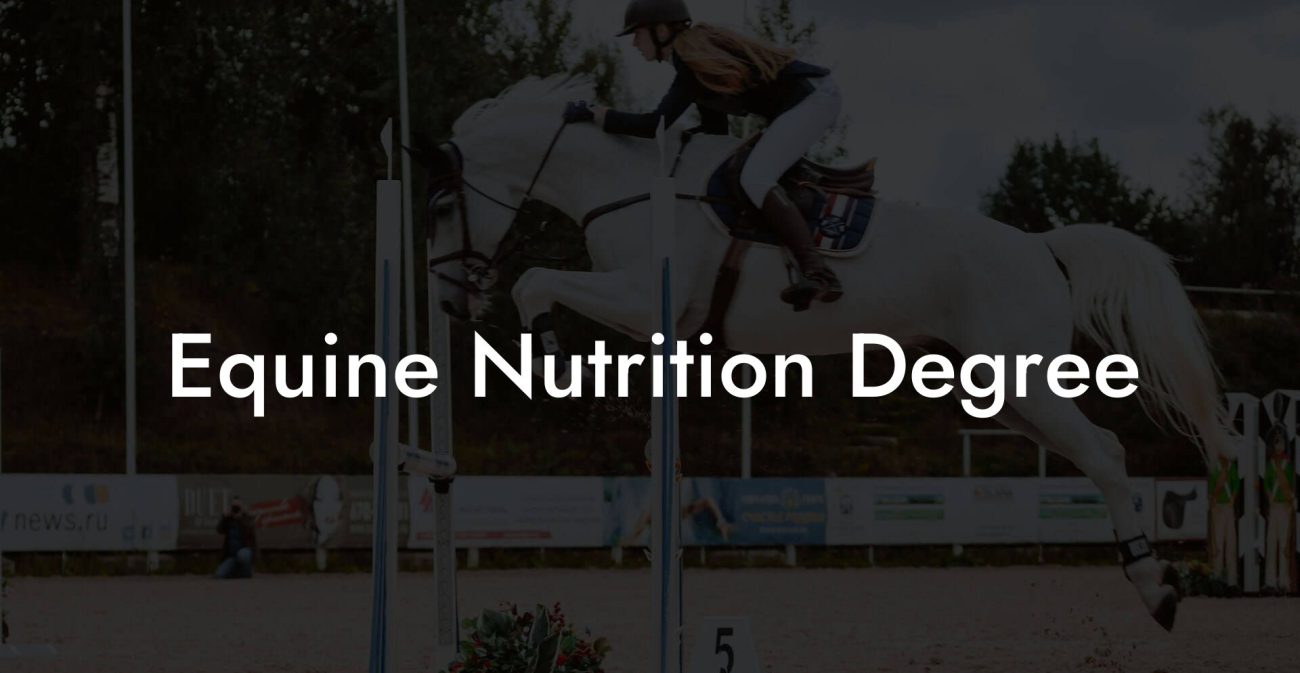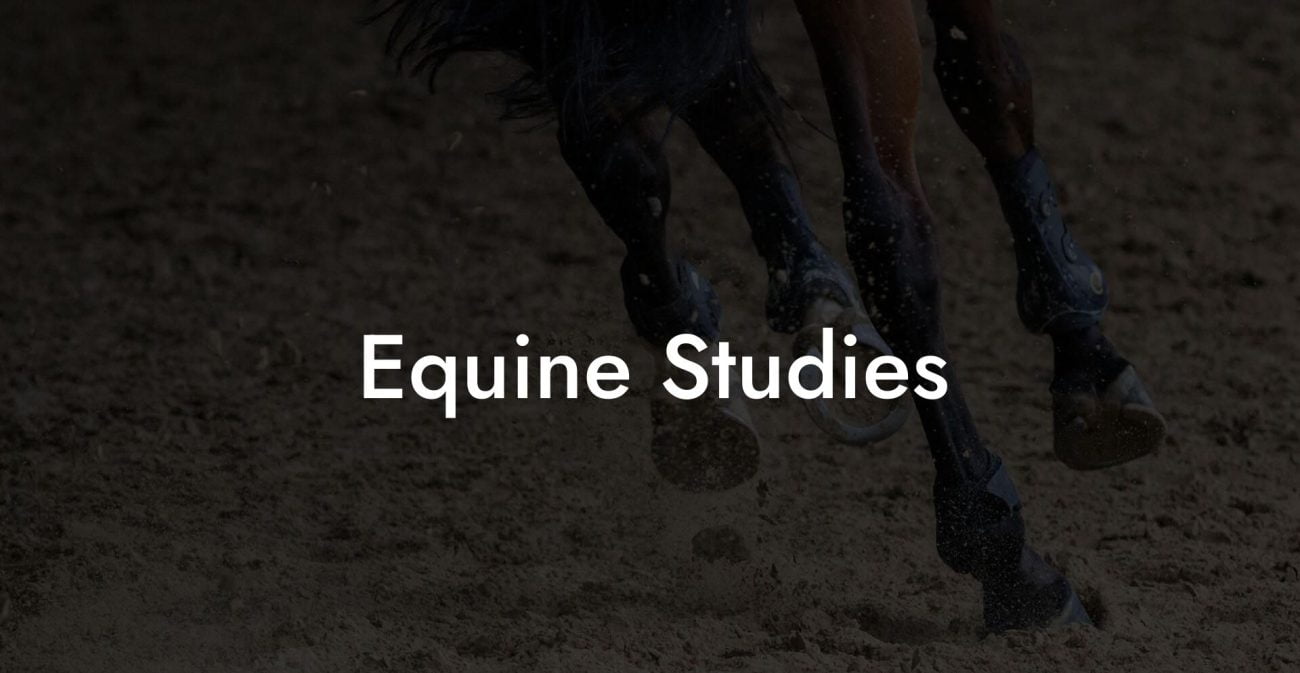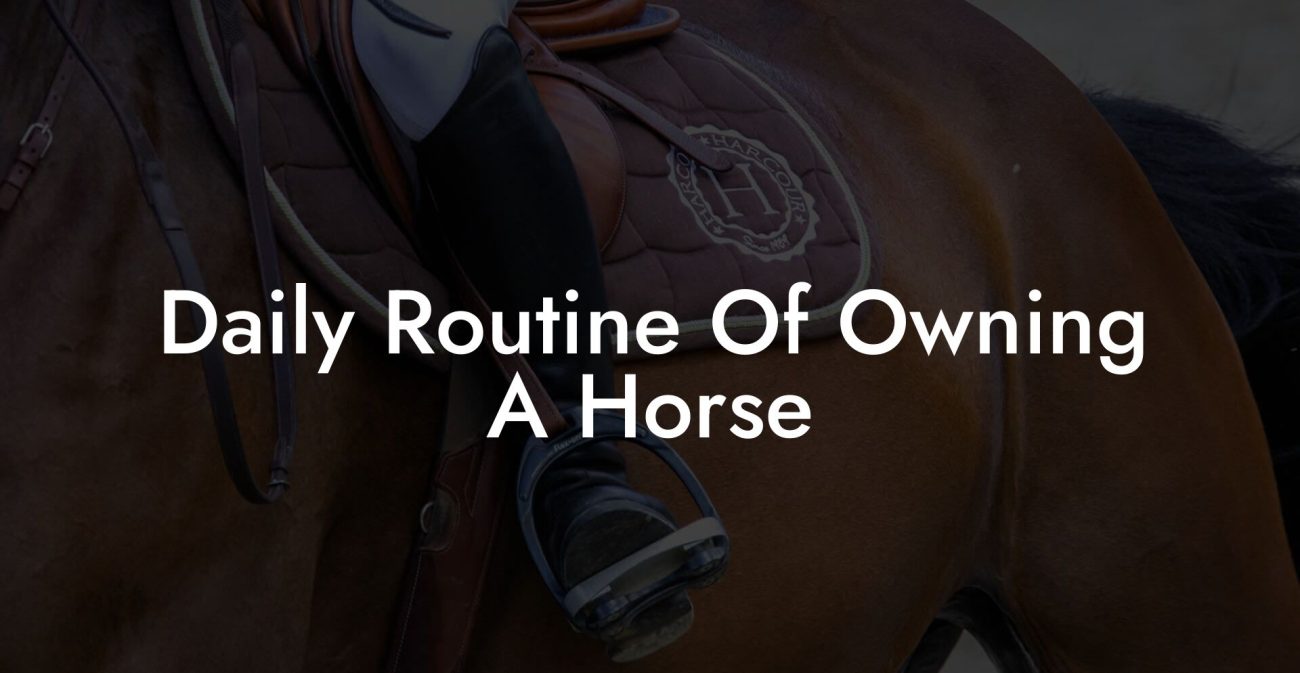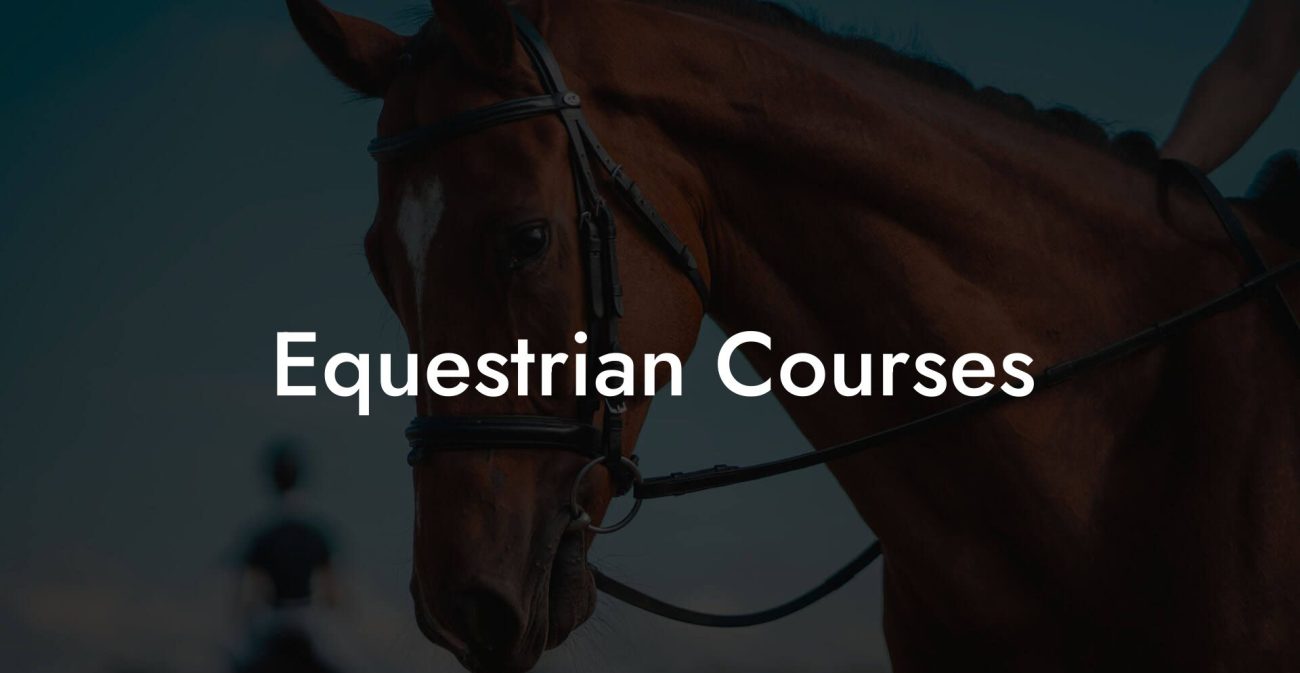Ever wondered what it takes to fuel a magnificent horse in today’s fast-paced, meme-loving world? Picture this: your equine friend cruising through a vibrant meadow, not just for the kicks but with the energy to match every TikTok dance challenge. Delving into the general daily nutritional requirements for horses isn’t just a snooze-worthy chore, it’s about creating a harmonious feeding routine that keeps your four-legged pal galloping with joy, health, and enough oomph to keep pace with the Gen-Z hustle.
Quick Links to Useful Sections
- What Are the Daily Nutritional Requirements for Horses?
- The Building Blocks: Essential Nutrients for Equine Health
- 1. Fiber
- 2. Carbohydrates
- 3. Proteins and Amino Acids
- 4. Fats
- 5. Vitamins and Minerals
- Understanding the Equine Digestive System
- Daily Feeding Practices: Creating a Routine That Works
- Mixing It Up: Balancing Pasture, Hay, and Concentrates
- Pasture Grazing
- Hay: The Reliable Backup
- Concentrated Feeds and Grains
- Supplemental Nutrition: Boosters for Optimal Performance
- Electrolytes
- Probiotics and Prebiotics
- Vitamin and Mineral Supplements
- Hydration Matters: The Role of Water in Equine Nutrition
- Understanding Your Horse’s Calorie Needs
- Adjusting Nutrition for Different Life Stages and Workloads
- Foals and Young Horses
- Mature Horses
- Performance and Working Horses
- Seniors
- Case Studies: Real-Life Equine Nutritional Success Stories
- Case Study 1: The Transformation of a Competition Star
- Case Study 2: Reviving a Retired Trail Champion
- Case Study 3: The Journey of a Miniature Pony
- Creating Your Custom Equine Nutrition Plan
- Step 1: Comprehensive Assessment
- Step 2: Set Clear Goals
- Step 3: Integrate Multiple Feed Sources
- Step 4: Monitor and Adjust
- Step 5: Leverage Community Insights
- Resources and Community Support: Your Next Steps
- Frequently Asked Questions About Equine Nutrition
- Your Journey to Optimal Equine Nutrition
What Are the Daily Nutritional Requirements for Horses?
Horses, like us, have unique dietary needs that evolve with age, activity level, breed, and even personality quirks (yes, horses have them too!). Their daily nutritional requirements are all about providing the right balance of energy, protein, vitamins, and minerals. Whether your horse is a laid-back pasture cruiser or a high-energy competitor, understanding these requirements ensures they remain healthy, spry, and ready to win at life.
At their core, horses are grazing animals, perfecting the art of slow and steady digestion. Their digestive tracts are designed to cope with deliciously fibrous meals, but in today’s world of concentrated feeds and nutritional innovations, finding the right balance can feel like solving a very tasty puzzle. This guide will walk you through everything from basic nutrient needs to the specifics of balancing pastures, hay, concentrates, and the occasional special treat.
The Building Blocks: Essential Nutrients for Equine Health
When it comes to keeping your horse in tip-top shape, think of nutrients as the ultimate squad, each with its own superpower. Here’s a quick dive into the essential nutrients that form the backbone of an equine diet:
1. Fiber
Fiber is the crown jewel of an equine diet, a must-have for maintaining a healthy digestive system. It primarily comes from pasture grasses and hay. Fiber ensures smooth digestion, prevents colic, and keeps those gut bugs happy. In simple terms, if fiber were a social media influencer, it would be adored by all.
2. Carbohydrates
Carbs serve as the primary energy source for horses. These mostly come in the form of non-structural carbohydrates found in grains, some hays, and specially formulated feeds. While they provide quick blasts of energy, managing carb intake is crucial to avoid spikes in blood sugar, think of it as avoiding too many high-energy TikTok challenges when you need to chill.
3. Proteins and Amino Acids
Proteins are the muscle builders and tissue repairers. They supply amino acids, which are essential for growth, maintenance, and healing. Protein needs vary greatly among horses, a young, growing foal versus a hardworking performance horse won’t need the same levels. Knowing your horse’s daily requirements ensures they’re always ready to flex those muscles.
4. Fats
Fats are a concentrated form of energy and play a significant role in overall health, including skin and coat condition. Healthy fats like omega-3 and omega-6 are found in certain seeds and specially formulated feeds. They’re the equivalent of that smooth aesthetic filter for your horse’s health.
5. Vitamins and Minerals
Vitamins and minerals are the unsung heroes that support everything from bone strength to the immune system. Key minerals include calcium, phosphorus, magnesium, and potassium, while vitamins A, D, and E help regulate growth and overall metabolism. A well-balanced mix of these micronutrients is crucial for performance and recovery.
Remember, every horse is unique, just like their Instagram feed, they need a personalized blend of these nutrients to thrive.
Understanding the Equine Digestive System
Before diving deep into the meal plan, it’s important to appreciate the marvel that is the horse’s digestive system. Unlike our own digestive track, horses are designed to graze constantly. Their stomachs are relatively small and require frequent, low-volume meals to avoid overloading the system.
The hindgut, specifically the cecum and colon, plays a major role in breaking down fibrous feeds. This microbial fermentation process not only extracts maximum energy from fiber but also produces vital nutrients. So, when you’re planning your horse’s daily menu, keep in mind that slow, steady, and fibrous truly is the way to go.
Think of your horse’s digestive process like a streaming platform that buffers content, without proper nutrition in the pipeline, the system can lag, leading to issues like colic, laminitis, or other digestive disturbances. This is why balancing meals throughout the day is a game changer.
Daily Feeding Practices: Creating a Routine That Works
Consistency in feeding isn’t just for your favorite coffee order, it’s also critical for equine health. Regular feeding routines help maintain steady blood sugar levels and keep the digestive system humming along smoothly.
Most nutrition experts recommend multiple small meals throughout the day. For horses, a natural grazing rhythm means keeping a consistent feed schedule. Whether you’re feeding hay at regular intervals or supplementing with grains and concentrates, a predictable routine helps your horse feel secure and reduces digestive upsets.
Consider using digital reminders or apps (yes, there are equine-friendly ones!) to track feeding times. This isn’t about micro-managing your horse but ensuring that their nutritional intake is as consistent as your morning social media scroll.
Mixing It Up: Balancing Pasture, Hay, and Concentrates
One of the biggest challenges in equine nutrition is striking the right balance among pasture, hay, and concentrated feeds. Each component plays a vital role in delivering the nutrients your horse needs while keeping the digestive system working efficiently.
Pasture Grazing
Fresh pasture is nature’s multivitamin, it’s packed with fiber and an array of minerals. Grazing allows your horse to enjoy natural foraging behavior while getting the essential nutrients they need.
However, pasture quality can vary depending on the season, weather conditions, and maintenance. In some cases, horses may require supplemental hay to guarantee they’re receiving enough fiber and nutrients.
Hay: The Reliable Backup
Hay is the go-to option during colder months or when pasture quality declines. High-quality grass hay replicates the natural grazing diet. It’s important to choose hay that is free of mold and dust to prevent respiratory issues.
Monitor your horse’s body condition and energy levels to adjust hay quantities accordingly. Overfeeding hay can lead to weight gain, while underfeeding may result in energy dips and loss of condition.
Concentrated Feeds and Grains
Concentrates such as oats, barley, and specially formulated pelleted feeds are used to meet the higher energy demands of performance or working horses. They’re rich in carbohydrates, proteins, and fats, but should always be introduced slowly to the diet.
Over-reliance on concentrates can lead to metabolic issues such as laminitis and insulin resistance. Hence, they should complement, not replace, the bulk of the forage-based diet.
In summary, the golden rule is balance. By integrating fresh pasture, quality hay, and measured concentrates, you tailor the diet to the unique demands of your horse’s lifestyle.
Supplemental Nutrition: Boosters for Optimal Performance
Sometimes, the basics just aren’t enough, especially if your horse is a showstopper in the arena or a relentless competitor on the track. Supplemental nutrition can help fill in the gaps and address specific health issues.
Electrolytes
Electrolytes are the unsung heroes after a long day of galloping, competing, or during sweltering weather. They help maintain hydration, balance fluids, and support nerve and muscle functions. These are particularly vital in the summer months when sweating can deplete essential minerals.
Probiotics and Prebiotics
A healthy gut is a happy gut. Probiotics introduce beneficial bacteria into the digestive tract, while prebiotics serve as food for these microbes. Supplements containing these ingredients can boost digestion, enhance nutrient absorption, and improve overall gut health.
Vitamin and Mineral Supplements
In certain scenarios, like during rapid growth phases or intense performance periods, horses may require additional vitamins and minerals beyond what hay and pasture offer. Supplements tailored for equine health can help ensure that calcium, phosphorus, selenium, and other crucial minerals are balanced appropriately.
Before starting any supplementation, a conversation with your veterinarian or equine nutritionist is essential to avoid over-supplementation, as too much of a good thing can sometimes lead to toxicity or other detrimental effects.
Hydration Matters: The Role of Water in Equine Nutrition
Water isn’t just about quenching thirst, it’s a linchpin in the daily nutritional regimen of horses. Adequate water intake impacts digestion, nutrient absorption, and overall health. A dehydrated horse is more susceptible to colic and other gastrointestinal upsets.
Ensure that your horse has constant access to clean, fresh water. In colder climates, consider strategies to prevent water from freezing, like heated buckets. In hot weather, monitor water intake more closely and consider adding electrolytes to encourage consistent hydration.
Just as you wouldn’t forget your reusable water bottle before a festival, don’t skip on this critical component in maintaining your equine companion’s vitality.
Understanding Your Horse’s Calorie Needs
Just like our calorie counters on fitness apps, horses have specific energy requirements that are influenced by their workload, size, age, and metabolism. An average mature horse requires between 15–20 calories per pound of body weight per day. For example, a 1,000-pound horse may need roughly 15,000 to 20,000 calories daily, a nutritional feat that emphasizes the importance of quality fiber and energy-dense concentrates.
Monitoring calorie intake is essential for maintaining a proper body condition. Overfeeding can lead to obesity and related health issues, while underfeeding can drain energy levels and impact performance. Balancing these requirements is akin to the precision of your favorite fitness tracker, accuracy and mindfulness go a long way.
Adjusting Nutrition for Different Life Stages and Workloads
Not every horse is created equal, age, breed, and activity level significantly influence nutritional needs. Let’s break it down:
Foals and Young Horses
For growing foals, high-quality hay and specially formulated feeds ensure that their rapid growth is supported by the right mix of proteins, vitamins, and minerals. Think of it as their supercharged starter kit for life.
Mature Horses
Adult horses in maintenance mode require a balanced diet that avoids excessive calories while ensuring muscle and bone health. Regular body condition scoring can help determine if adjustments are needed, much like checking your smart scale after a weekend of indulgence.
Performance and Working Horses
Active horses that pull off athletic feats often need more concentrated energy sources, including grains and supplemental fats, to sustain their performance. Their daily plan might include extra electrolytes and carefully balanced feeding intervals to keep their energy levels on point throughout the day.
Seniors
Aging horses often benefit from diets that are easier to chew and digest. High-quality pelleted feeds, lower fiber diets mixed with appropriate supplements, and even dental checks contribute to ensuring that our senior equine pals continue to enjoy life comfortably and healthily.
In all cases, regular consultations with a vet or equine nutrition specialist can help tailor the diet precisely to your horse's evolving needs.
Case Studies: Real-Life Equine Nutritional Success Stories
Real-world examples bring theory into perspective. Let’s check out how different horse owners revamped their feeding strategies to bring out the best in their horses:
Case Study 1: The Transformation of a Competition Star
Bella, a high-strung eventing horse, was struggling with energy crashes and occasional bouts of colic. Her owner worked with a nutritionist to re-balance her diet, introducing high-quality hay, optimized grain concentrates, and a booster of electrolytes. Over a few months, Bella’s performance stabilized, her energy spiked, and she dazzled in shows with a newfound vitality.
Case Study 2: Reviving a Retired Trail Champion
Max, once a champion in trail riding, faced slow metabolism and the weight issues that plagued retired performance horses. A regimen focused on reduced caloric intake, increased fiber, and vitamin supplementation not only helped him shed excess weight but also improved joint mobility. Max now enjoys leisurely rides and remains a beloved figure in his community.
Case Study 3: The Journey of a Miniature Pony
Tiny, yes, Tiny the miniature pony, needed a custom blend of nutrients to support his small frame while keeping his energy levels high. His owner turned to a combination of specialized pelleted feeds and nutrient-rich supplements. The result? A nimble, energetic pony that’s a favorite at local petting zoos and community events.
These examples showcase how personalized nutritional strategies can transform the quality of life for horses across different lifestyles and life stages. Tailoring nutrition to suit unique needs not only enhances performance but also boosts overall well-being.
Creating Your Custom Equine Nutrition Plan
No two horses are exactly alike, and neither should their diets be. Creating a custom nutrition plan involves careful consideration, constant monitoring, and a willingness to adjust along the way, much like curating the perfect playlist for a long road trip.
Step 1: Comprehensive Assessment
Begin by assessing your horse's current body condition, weight, and overall health. Consult with an equine nutrition expert who can recommend specific tests and evaluations. Understanding your horse’s baseline health is crucial.
Step 2: Set Clear Goals
Whether you’re aiming for peak competition performance, a smooth transition into retirement, or enhanced daily energy, set clear, measurable goals. This will serve as your nutritional roadmap, guiding feeding intervals, portion sizes, and supplement choices.
Step 3: Integrate Multiple Feed Sources
The best equine diets are those that blend pasture, hay, concentrates, and supplements seamlessly. Create a feeding schedule that mirrors natural grazing patterns while ensuring that all nutritional bases are covered.
Step 4: Monitor and Adjust
Keep a digital journal or a savvy equine nutrition app to track your horse’s weight, energy levels, and behavioral changes. Regularly consult your vet and adjust the diet as needed. In this era of real-time data, constant tweaks ensure that your plan remains optimal.
Step 5: Leverage Community Insights
Join local and online equine nutrition forums, networks, and workshops. Sharing experiences and tips with fellow horse enthusiasts can open up new possibilities and keep you ahead of the curve when it comes to innovative feeding strategies.
With the right blend of scientific insight and a dash of creative flair, your personalized nutrition plan will not only meet your horse’s daily requirements but also elevate their overall quality of life.
Resources and Community Support: Your Next Steps
The journey to mastering your horse’s nutritional needs is ongoing, and you don’t have to go it alone. A wealth of resources are available, from expert veterinary consultations to online communities and social media groups dedicated to equine nutrition.
Explore trusted resources like the American Association of Equine Practitioners, well-reviewed equine nutrition blogs, and YouTube channels that offer step-by-step feeding guides. Local tack shops and feed stores also frequently host workshops and seminars, giving you face-to-face access to experts.
Embrace digital communities where fellow horse lovers swap tips, success stories, and even their favorite memes about hay bales and carrot treats. Networking with others can provide new ideas, reassurance, and a sense of camaraderie that makes the challenging pursuit of optimal equine nutrition a whole lot more fun.
Whether you’re in a bustling city or out on a quiet farm, the right resources and community support are just a click away, connecting you with the latest trends, scientific breakthroughs, and a supportive network that’s just as passionate about our four-legged friends as you are.
Frequently Asked Questions About Equine Nutrition
As you embark on the quest to perfect your horse’s diet, here are some of the most common questions asked by horse enthusiasts just like you:
1. What are the primary components of a horse’s diet?
A horse’s diet mainly consists of high-fiber forage such as grass and hay, complemented by a careful balance of grains or concentrates, vitamins, and minerals. Water and electrolytes also play a crucial role.
2. How often should I feed my horse?
Horses naturally graze throughout the day, so it’s best to offer multiple small meals rather than a few large ones. This keeps blood sugar levels steady and supports the digestive system.
3. Can horses be overfed?
Yes, overfeeding, especially with high-energy concentrates, can lead to obesity, insulin resistance, and metabolic disorders. The key is balance and regular monitoring of their body condition.
4. What are the signs of nutritional deficiencies in horses?
Look out for symptoms like poor coat condition, lethargy, weight loss, and decreased performance. Regular veterinarian check-ups will help detect any issues early.
5. Do horses need supplements?
Depending on your horse’s age, activity level, and overall health, supplements such as electrolytes, vitamins, and probiotics can be beneficial. However, they should complement, not replace, a well-balanced diet.
6. How important is water quality?
Exceptionally important! Clean, fresh water is critical for digestion, metabolic functions, and overall health. Poor water quality can lead to digestive upsets and dehydration.
7. Can I change my horse’s diet abruptly?
No, any changes in diet should be made gradually to avoid digestive disturbances and potential colic. A slow transition over 7-10 days is recommended.
8. How do I know if my horse is getting enough calories?
Monitor their body condition score, energy levels, and performance. Regular consultations with a vet or equine nutritionist can provide personalized calorie recommendations.
9. What role does exercise play in nutritional planning?
Exercise significantly impacts caloric needs. More active horses require additional energy, while less active horses may need less. Balancing exercise schedules with nutritional intake is crucial for overall health.
10. Where can I find more information on equine nutrition?
Trusted resources include veterinary clinics, equine nutrition courses, online forums, and websites such as the American Association of Equine Practitioners.
Your Journey to Optimal Equine Nutrition
Embracing the challenge of balancing your horse’s daily nutritional requirements is an empowering journey, one that requires knowledge, attention, and a sprinkle of creativity. With the practical strategies outlined above, you’re well on your way to crafting a feeding routine that harmonizes natural grazing with modern nutritional science.
Remember, your horse isn’t just consuming food, it’s reaping the benefits of every nutrient carefully selected to support growth, performance, and overall well-being. From high-fiber forages to targeted supplements, every element of your horse’s diet contributes to a robust, energetic, and healthy lifestyle.
So, gear up to dive deeper into the world of equine nutrition. Stay curious, experiment with mindful adjustments, and lean on your community for the latest insights. With each careful meal planning session, you’re investing in a future where your beloved horse gallops through life with the vitality and zest of a true champion.
The road to optimal equine nutrition is laid out at your feet, embrace it, share your journey, and let your horse’s health become the talk of the stable. Happy feeding and here’s to many more adventures on the trail of balanced, blockbuster nutrition!

